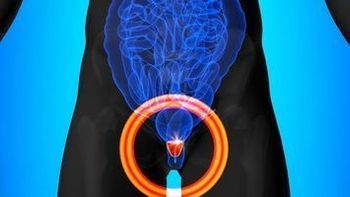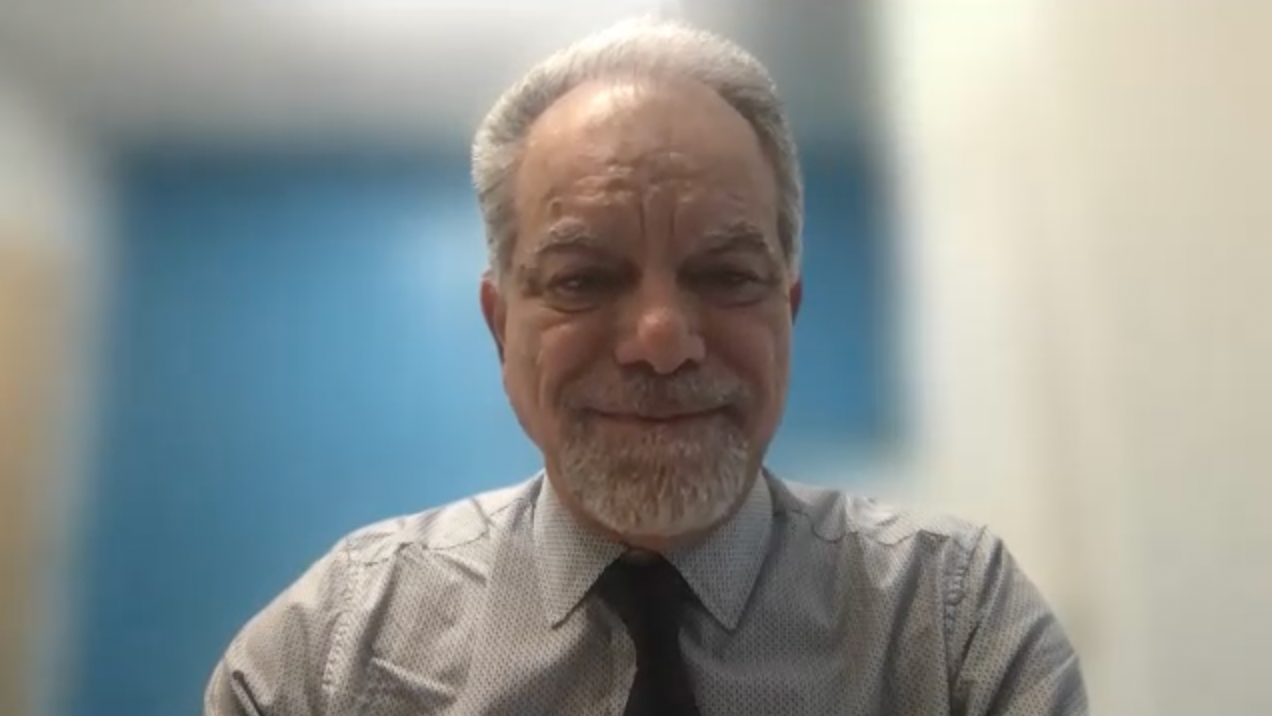
Prostate Cancer
Latest News
Latest Videos

CME Content
More News

“IsoPSA is a way of measuring all the different PSA-related proteins in the blood,” says Eric A. Klein, MD.

The approval recommendation for the GnRH receptor antagonist is based on data from the phase 3 HERO study.

"I use PSA testing to make sure patients with high-risk prostate cancer, specifically, and advanced prostate cancer, or even metastatic prostate cancer, don’t go undiagnosed," says 1 urologist.

Vivek K. Narayan, MD, MS, shares thoughts on approaching treatment selection of mCSPC and Ashley E. Ross, MD, PhD, comments on the use of relugolix in patients.

Bobby Liaw, MD, reviews the study design and results of the phase 3 ENZAMET study and discusses an ongoing trial in mCSPC, ARASENS.

Ashley E. Ross, MD, PhD, reviews data and study results from the phase 3 TITAN and phase 3 ARCHES trial in mCSPC.

"What exactly is precision medicine?...One of the original [LUGPA] board members put it very simply: cheaper, faster, and better," writes Raoul S. Concepcion, MD, FACS.

“IsoPSA is intended to be used in men over 50 who are being screened for prostate cancer as a way of helping to decide whether or not a biopsy should be done,” says Eric A. Klein, MD.

“Your vision is better, your instruments are better, and so we can do an excellent cancer operation while maintaining really good rates of continence and potency recovery,” says David Lee, MD.

For the first time, the trial will examine the efficacy of SpaceOAR Vue Hydrogel in reducing late gastrointestinal toxicity and improving the quality of life in patients receiving stereotactic body radiotherapy for the treatment of prostate cancer.

“The current landscape of online materials about prostate cancer is generally pretty bleak,” says Stacy Loeb, MD, PhD, MSc.

To investigate the severity and prevalence of dermatologic adverse events associated with apalutamide, Mario E. Lacouture, MD, and investigators conducted a study that will help to manage and counsel patients with prostate cancer in the future, especially with the expanded approval of apalutamide in this space.

The patient received the treatment at Stanford Health Care, which had previously participated in the clinical trials examining the efficacy and safety of Exablate.

Robert Dreicer, MD, describes the future of metastatic castration-resistant prostate cancer.

A prostate cancer expert explains the potential advantages of sabizabulin, a new treatment for metastatic castration-resistant prostate cancer currently in a phase III clinical trial.

The patient's treatment included prostate-specific membrane antigen (PSMA)–PET imaging.

“This study is a great example of research questions coming directly out of clinical practice. It’s so important to listen to patients, understand their experiences and use research findings to guide clinical practice about how best to talk with and advise patients," says Katherine Sterba, PhD.

“I think this is a tremendous opportunity for the Black community and for Black men. I hope my story can encourage other men to get prostate cancer screenings and possibly save a life. Every life is important," says Larry J. Ferguson, DMD.

Robert Dreicer, MD, discusses the available second-line therapy options and unmet needs in metastatic castration-resistant prostate cancer.

"It is worth remembering that injudicious use of PSA test, and the downstream consequences of overtreatment and complications, can obscure the benefits associated with PSA-based early detection of prostate cancer," writes Badar M. Mian, MD.

Robert Dreicer, MD, provides an overview of the first-line therapy options available in metastatic castration-resistant prostate cancer and the recent advances in detection, diagnosis, and treatment.

On this episode of Cleveland Clinic’s Cancer Advances podcast, Eric Klein, MD, discusses the novel IsoPSA test and how it differs from conventional PSA testing.

Results also showed that Black men were 29% more likely to be diagnosed with prostate cancer using a diagnostic prostate biopsy vs White men.

The study is enrolling patients with metastatic castration-resistant prostate cancer who have not received second-generation anti-androgen therapies.

“It's really become the epicenter of all the surgeries that we do in urology,” says Jennifer Linehan, MD.














